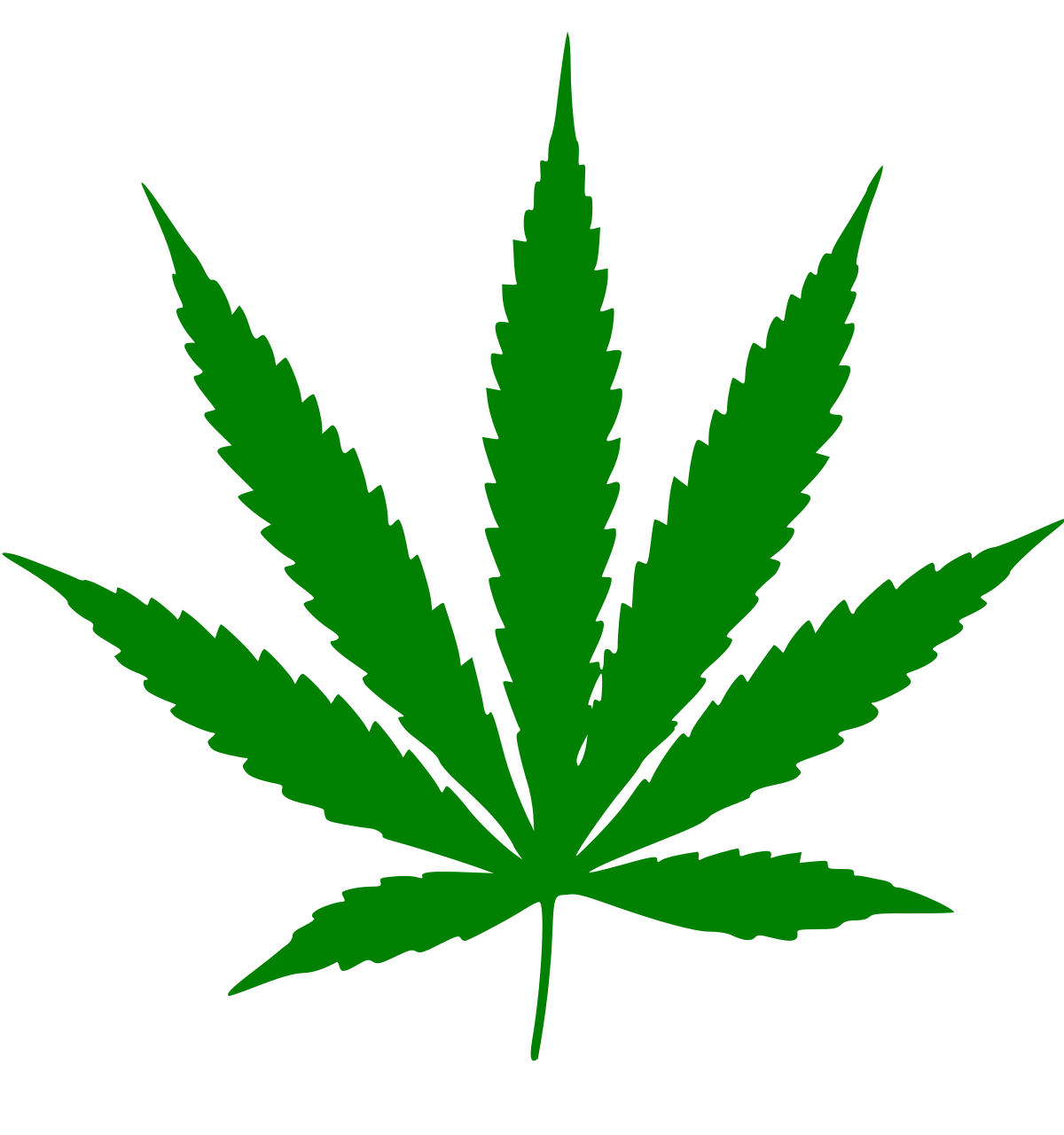Cannabis and Your Job: What you need to know
 Attitudes about cannabis (marijuana, pakalolo) have certainly changed in the last few years. The recreational use of cannabis has been approved in several states. The medical use has been approved in most states for the proper treatment of a wide variety of clinical applications. Yet attitudes by employers vary widely.
Attitudes about cannabis (marijuana, pakalolo) have certainly changed in the last few years. The recreational use of cannabis has been approved in several states. The medical use has been approved in most states for the proper treatment of a wide variety of clinical applications. Yet attitudes by employers vary widely.
Because cannabis is still an illegal drug at the federal level, if you have a job that involves the safety of the public, you are usually not allowed to use cannabis. If you are a “safety-sensitive” employee under the Department of Transportation and work in one of several DOT-monitored branches and positions, you are not allowed to have any THC in your system at any time. If you are an airline pilot, bus driver, train operator, pipeline worker, ship captain, or have a Commercial Driver’s License and drive large vehicles, for example, these DOT rules apply to you, and using cannabis is a DOT violation.
If your employer, whatever your job is, has policies that say you cannot have THC in your system, you may lose your job over your legal use of cannabis.
 Tips for Employees:
Tips for Employees:
- Make sure you understand your employer’s policy about cannabis use.
- Keep in mind that these policies trump your rights to personal use of cannabis.
- Understand that cannabis can stay in your system for days, weeks, or months, depending on your use and metabolism. Even if you are not impaired by cannabis when you show up to work on given day, if your job is subject to random testing, pre-employment testing, post-accident testing, or for-cause testing, you may still test positive from cannabis use a week or a month previously. Until testing is developed that measures impairment from cannabis instead of presence of THC in your system, you are at risk of testing positive even if you are not impaired.
- Don’t rationalize your use by thinking you can rely on online or drugstore products that say they will help you pass drug tests – many don’t work at all and most increase the risk that you’ll be at greater jeopardy from an adulterated test.
- If you have a prescription for medical cannabis, consider calling your Employee Assistance Program (EAP) to confidentially talk with a professional about how this may impact your job. They know your company and can help guide you through best decisions while you weigh the pros and cons of all your options (e.g. self-disclosure, finding other medications that may be less risky to your career, weighing the risks you face and potential safety concerns, changing job/career/employer). Again, understanding your employer’s policy about cannabis use is key, as is understanding their expectation of you if you take any drug that may impact your performance.
- A percentage of legal cannabis users (around 9-11%) will become addicted. If you believe your use has taken over territory in your life, or is creating more challenges than it is helping, call your EAP.
Remember:
- Your state may say "OK"
- But your employer can still say "No Way"
- Know your employer's policy!




